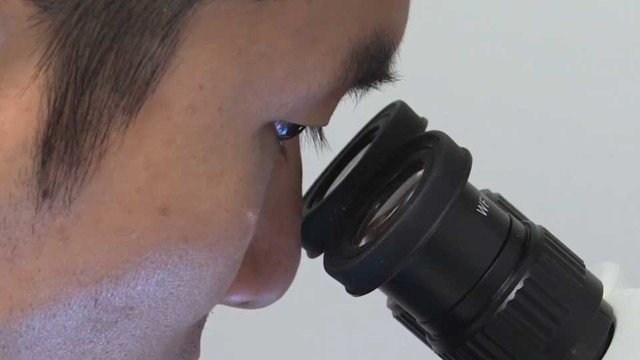U.S. immigration policy is changing under President Trump. And that’s inspiring technology professionals to increasingly look north to Canada, which is doing everything it can to become a technology magnet.
CGTN’s Karina Huber has more from Toronto.
MaRS is a 140,000 -square-meter innovation hub in Toronto that’s home to more than a hundred startups and has offices for established tech firms like Facebook and Airbnb. It often hosts job fair.
It’s where ideas are exchanged and deals are made and it has the government’s backing. Karen Greve Young, vice-president for Corporate Development & Partnerships at MaRS said roughly half its funding comes from the Canadian government.
“It’s important for the future of Canada,” Greve Young said. “If we want to create the future we want, we have to help grow the kinds of businesses that will create jobs for our children and grandchildren.”
This summer, the Canadian government went further in its bid to attract global talent. It implemented a new expedited visa program that enables companies to hire highly skilled foreign workers in a matter of weeks not months.
David Asgeirsson of Sheba Microsystems used the fast-track visa to bring in an engineer from China.
“He has worked in several companies in China designing and bringing to market new cameras in the past so his engineering expertise was the perfect fit for us and that positive experience – hiring him – means that we’re really open to hire other people who are just coming into Canada for the first time as well,” David Asgeirsson, VP of Operations, Sheba Microsystems said.
Canada’s approach to immigration is in stark contrast to that of U.S. President Donald Trump who has sought to curtail both illegal and legal immigration. Most worrisome to the tech industry, is his vow to reform the H-1B visa program on which much of the tech industry relies to recruit some of the world’s brightest.
The uncertainty in the U.S. is making Canada more attractive. The University of Toronto, which has a strong Artificial Intelligence department, has seen an uptick in U.S. applications since the election of Trump. So have many startups at MaRS.
“Certainly as other jurisdictions get tighter and more restricted to immigration, the fact that we are so open is a huge opportunity for us, and I think we’re taking that into account and leveraging that and making the absolute most of it,” Greve Young said.
Canada isn’t the only country that sees an opportunity in the Trump era to be a beacon for the world’s leading tech minds. France and China have also made overtures hoping global engineers will pick their country to help grow jobs for future generations.
Diane Francis discusses the state of the Canadian Economy
CGTN’s Rachelle Akuffo spoke with Atlantic Council Senior Fellow Diane Francis about the state of the Canadian Economy.
 CGTN America
CGTN America

